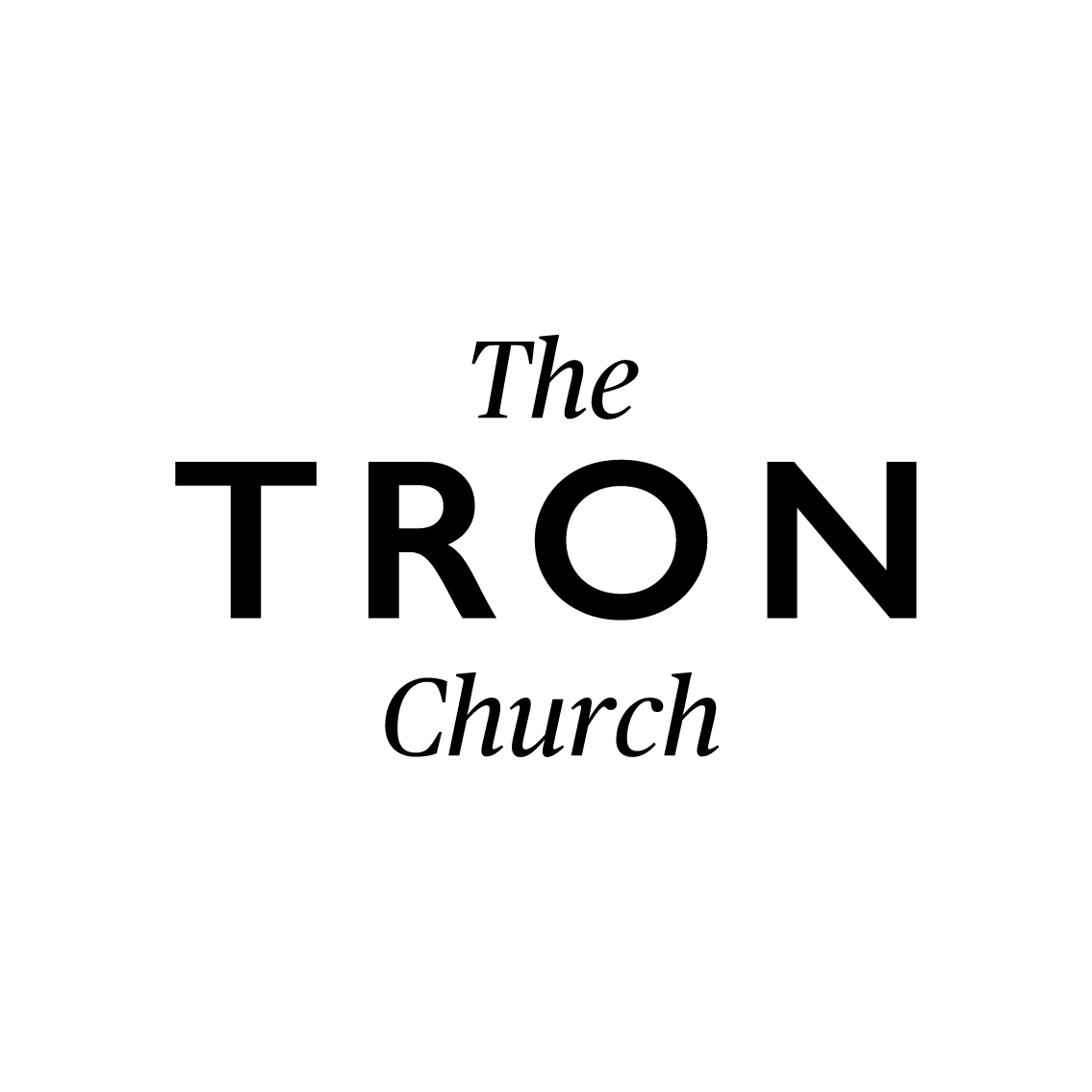Daily Bible Reading 17th August 2025 // Colossians 4:7-18
7 Tychicus will tell you all about my activities. He is a beloved brother and faithful minister and fellow servant in the Lord. 8 I have sent him to you for this very purpose, that you may know how we are and that he may encourage your hearts, 9 and with him Onesimus, our faithful and beloved brother, who is one of you. They will tell you of everything that has taken place here.
10 Aristarchus my fellow prisoner greets you, and Mark the cousin of Barnabas (concerning whom you have received instructions—if he comes to you, welcome him), 11 and Jesus who is called Justus. These are the only men of the circumcision among my fellow workers for the kingdom of God, and they have been a comfort to me. 12 Epaphras, who is one of you, a servant of Christ Jesus, greets you, always struggling on your behalf in his prayers, that you may stand mature and fully assured in all the will of God. 13 For I bear him witness that he has worked hard for you and for those in Laodicea and in Hierapolis. 14 Luke the beloved physician greets you, as does Demas. 15 Give my greetings to the brothers at Laodicea, and to Nympha and the church in her house. 16 And when this letter has been read among you, have it also read in the church of the Laodiceans; and see that you also read the letter from Laodicea. 17 And say to Archippus, “See that you fulfil the ministry that you have received in the Lord.”
18 I, Paul, write this greeting with my own hand. Remember my chains. Grace be with you.
We must finally say something about the reference Paul makes to his letter to the Laodiceans (v 16). The instruction Paul gives is quite straightforward. He expects this letter to be read out publicly to the congregation (showing that it ranked equally with the Old Testament). The apostle then expects the Colossians to pass this letter (or a copy of it) on, so that it may be read to the congregation in Laodicea. He expects that letters will be exchanged and that his letter to the church in Laodicea will then be read to the church at Colossae. This is how Paul's letters were first collected together and began to circulate as part of the New Testament canon. The problem, however, is that there is no epistle to the Laodiceans included in the canon of Holy Scripture! Much ink has been spilt endeavouring to explain this. Some have identified the epistle to the Ephesians as Paul's letter to Laodicea, and that may well be the case. Clearly Ephesians and Colossians are 'twin' epistles which complement one another, and both were carried by Tychicus. Much less likely is the identification of Paul's letter to Philemon as the letter to the Laodiceans. Philemon is a personal letter to a church member in Colossae, whereas the implication is that the letter to the Laodiceans is a church letter similar to Colossians. It seems most likely that Paul's letter to the Laodiceans has not survived (there was a great earthquake in the Lycus valley in 60-61 AD). We know, for example, that Paul wrote at least one, probably two, other letters to the Church in Corinth over and above the letters which have been preserved. Paul refers to previous 'lost' letters in 1 Corinthians 5:9 and 2 Corinthians 2:3. As far as the letter to Laodicea is concerned, we must simply acknowledge our ignorance. We just do not know for sure what happened to it, whether it was lost or whether it is our letter to the Ephesians. What we can affirm without a shadow of a doubt is that the formation of the biblical canon was superintended and directed by the Spirit of God. Every book and every letter which is preserved for the Church is preserved by His sovereign will. It may be, therefore, that God, in His providence, did not see fit to preserve the letter to the Laodiceans, just as He did not see f it to preserve Paul’s first ever letter to Corinth. Graciously, God did see fit to preserve Paul's letter to the Colossians.
